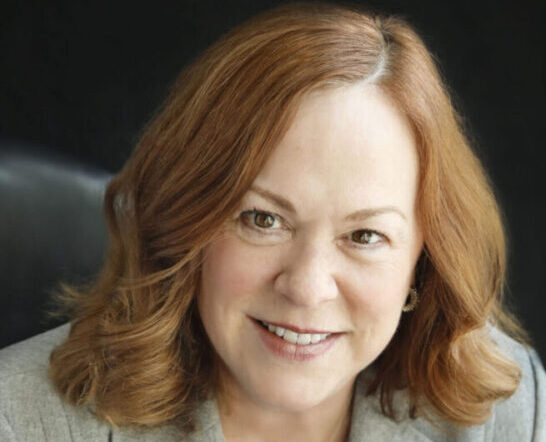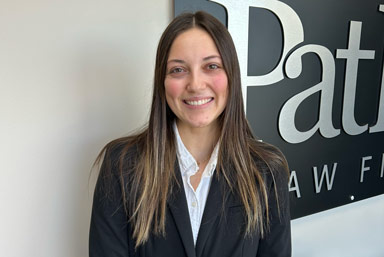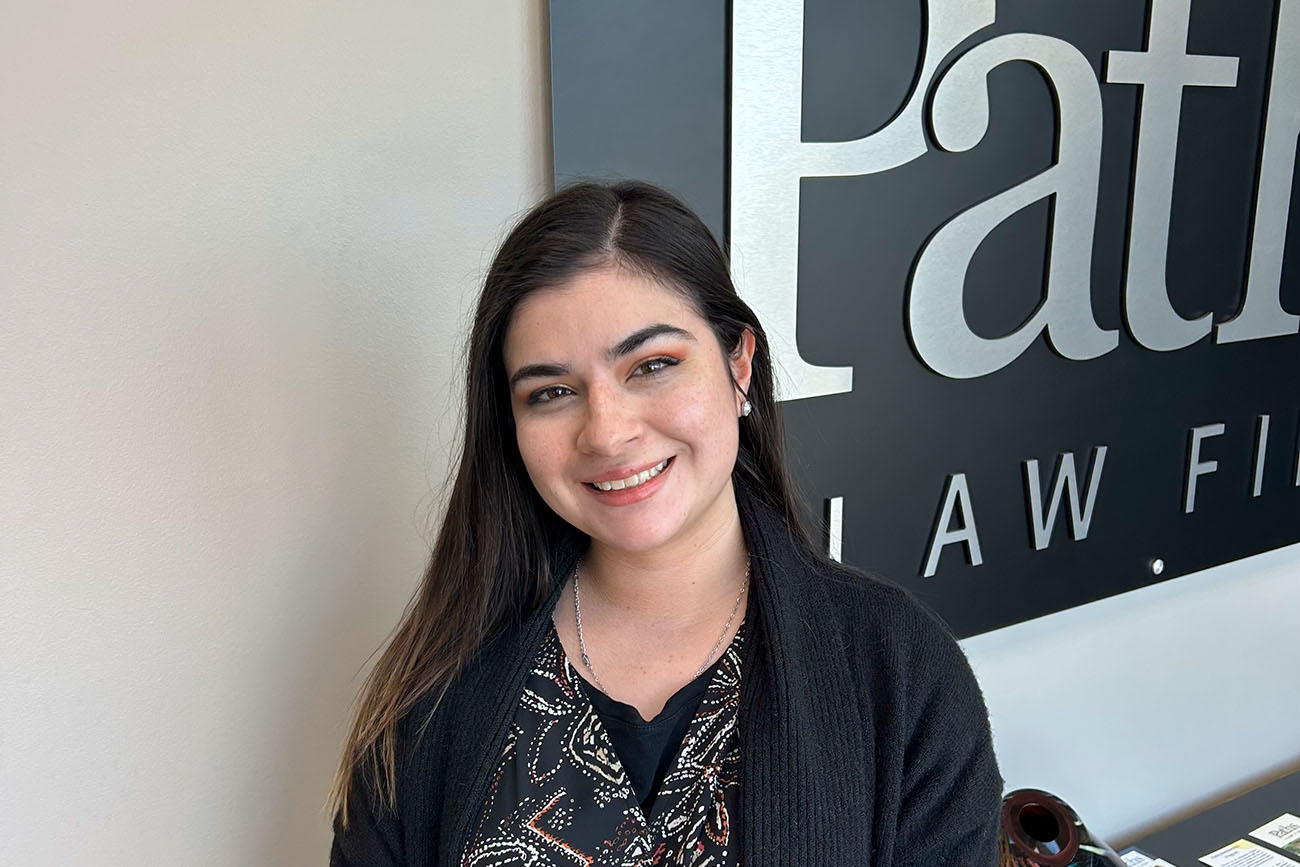Medicaid, also known as “MO HealthNet,” in Missouri, can be extremely complex to navigate. While the system is set up to help those in need, the rules surrounding the program can be daunting for anyone. The program was originally created in 1965 to assist low-income residents with their healthcare needs and includes benefits for life including low-income residents, families, pregnant women, the disabled, and the elderly. To better understand nursing home Medicaid for the working class, it’s important to understand the eligibility requirements related to long-term care through home services, nursing homes, and/or assisted living.
*This blog is for educational purposes only and should not be considered legal advice. The use of the Paths Law Firm website does not constitute a client-lawyer relationship.
Understanding Medicaid
Medicaid programs are funded by both federal and state agencies. In its current state, Medicaid aims to fund costs that they consider to be relevant, associated with nursing home care. To do this, the program looks at a variety of factors to determine eligibility including financial status and an individual’s medical records.
Missouri offers a variety of Medicaid long-term care programs for senior residents. Each program offers a unique set of features, payment options, and location-based advantages. It’s important to note, each long-term care program comes with specific eligibility requirements. The requirements for each program define what is and is not acceptable regarding a person’s assets, marital status, and/or medical history. At Paths Elder Law, we can help you through the process to identify which programs best fit your needs and what Medicaid will and will not cover based on your situation.
Medicaid nursing home funding can come through various streams including:
1) Medicaid Waivers/Community-Based Services: A small percentage of participants reserved for at-home care or assisted living services.
2) Institutional/Nursing Home Medicaid: Specialized entitlement for eligible seniors staying at a Missouri-based nursing home.
3) Conventional Medicaid/MO Healthnet for the Aged, Blind, and Disabled: Specialized entitlement for eligible seniors for at home or adult daycare.
Medicaid Eligibility for Nursing Home Care
For the Elderly, Medicaid has two primary types of requirements to be eligible: functional and financial. From a functional standpoint, based on the type of program, individuals applying must have medical needs that require the level of care that is provided in a nursing home setting. From a financial standpoint, Medicaid will look at the applicant’s income, and at times the spouse’s income, and assets.
1) Income Criteria for Nursing Home Medicaid Eligibility
Please note, when applying as a married couple for nursing home care, at an eligible facility in Missouri, only the applicant’s income is counted during the evaluation period. This means funds involving a non-applicant, even if they are living in the same house are not counted as a part of the eligibility criteria. The first eligibility requirement looks at the applicant’s income at the time they areapplying for nursing home Medicaid. This income can come from one or multiple sources. According to Medicaid rules, income can involve things such as pension payments, alimony payments, general employment wages, Social Security Income, stock dividends, IRA withdrawals, and/or Social Security Disability Income.

However, this does not apply to those pursuing regular Medicaid without the HCBS (Home and Community Based Services) Medicaid waiver. In that case, both incomes (including the non-applicant spouse) will be accounted for when determining an individual’s eligibility.
Income Criteria for Married Couples
Married couples that apply for community-based services using a Medicaid waiver or nursing home Medicaid will be eligible for MMMNA (Minimum Monthly Maintenance Needs Allowance). The idea is to provide a set monthly income for the non-applicant spouse. According to MO Healthnet in Missouri, the Minimum Monthly Maintenance Needs Allowance is listed as $2,114/month (2020) and can continue to increase each year while accounting for inflation. This income limit applies to individuals applying for nursing home Medicaid. There is also a separate maximum monthly maintenance needs allowance in place for expenses such as utility bills and/or mortgage payments. The maximum limit is set at $3,216 (2020). With the help of this allowance rule for spouses, it’s possible to account for specific income streams in the same household. However, all of this doesn’t apply to those moving forward with regular Medicaid where eligibility requires you to be at the poverty level.
Any income that an applicant receives is factored into nursing home care expenses. While keeping this in mind, it’s important to note there are exceptions to the rule. For example, all program participants can keep $50/month as a personal needs allowance. These participants can also set up an allowance for their non-applicant spouse while also accounting for potential medical insurance expenses.
There are also specific limits in place for the aged and disabled. The income limits are slightly higher when it comes to those that are blind. As of 2020, the income limit is set at $1,041/month for blind applicants and $1,410 for a blind married couple, assuming both are applying for long-term care.
2) Assets Criteria for Nursing Home Medicaid Eligibility
Asset Criteria for Married Couples
While income streams are heavily considered during the eligibility process for nursing home care, Medicaid also considers assets an applicant may have. These can include a variety of “countable” assets such as life savings, investments, stocks, cash, bonds, credit union, real estate, residential and non-residential, and/or checking accounts. Aside from these assets, there are specific assets that are exempt. Assets that are considered exempt include things such as household furnishings, vehicles, your primary home, personal belongings, and irrevocable burial trusts. It’s also important to note the property that you’re residing in must be valued at under $595,000.
With married couples, countable assets can be retained by 50% if the application is filed for a Medicaid waiver or nursing home Medicaid. This is only reserved up to a maximum of $128,640. There is also a minimum in place for people with limited countable assets according to Medicaid eligibility standards. For example, if the couple’s joint assets are less than $25,728 in value, the non-applicant spouse can retain 100% of those assets. This is listed as a separate eligibility requirement termed as “Community Spouse Resource Allowance” (CSRA) to ensure the non-applicant spouse has a reasonable amount of countable assets in hand to avoid poverty. Please note, all these allowances are taken out of the equation for regular Medicaid applicants.
Additionally, there is a built-in Medicaid Look-Back Period (5 years). This is used by Medicaid to assess the applicant’s assets to determine whether some or all of them have been sold based on fair market value. These assets can be counted in the asset limit for Medicaid. If the process leads to uncovering falsifications and/or violations, the applicant will become ineligible for funding.
Because of the complexity of the Medicaid asset rules, it is important to plan for Medicaid. To learn more about Medicaid planning for individuals or married couples that exceed the allowed asset limits, contact Paths Elder Law.
3) Level of Care Requirements for Nursing Home Medicaid Eligibility
The requirements related to level of care for seniors seeking Medicaid assistance, is different based on each Medicaid program. For nursing home care through a Medicaid waiver, an individual must need a high level of care to qualify. Whereas the Aged, Blind, Disabled (ABD) program requires that the individual be over the age of 65, blind, or determined to be disabled.
At the very minimum, individuals applying must require assistance within regard to their daily living activities. This includes things such as bathing, grooming, getting dressed, eating, using the bathroom, and any assistance with mobility.
In addition, it can also be considered for seniors as to whether they can perform activities such as cooking means, the ability to shop for their essentials, cleaning their home and management of their medications. An assessment to determine an individual’s level of care is performed to determine eligibility. It is also important to note that Alzheimer’s, Dementia, and Parkinson’s disease does not automatically qualify an individual for the level of care requirements.
Supplementary Eligibility Options for Nursing Home Care Through Medicaid
While it can be challenging to go through the Medicaid application process and fail to meet the criteria, it’s not the only way to gain funding. Instead, the applicant, if they are 65+ in age, can participate through other programs.
Qualified Income Trusts (QITs)/Miller Trusts:
This is reserved for HCBS Medicaid Waiver and nursing home Medicaid applicants if they are above the established income limit. Upon assessment, this can be used to determine eligibility if the applicant can prove they can’t afford long-term care despite being over the established limit. This can become a way to qualify for long-term care in Missouri despite being above the income limit. To do this, money goes into a Qualified Income Trust ensuring it doesn’t count against an individual’s asset limit during the application process. By doing this, the applicant lists a trustee that has legal control of the funds. To regain access, the applicant must list specific reasons for doing so such as covering HCBS long-term care expenses, general medical expenses, nursing home care costs, or health-related purchases (i.e. wheelchairs, crutches). Once the Qualified Income Trust has been signed and sealed, it cannot be reversed and if the individual passes away, the funds go directly to the state of Missouri as listed in the contract.
Medically Needy Pathway:
The premise of this solution is to assist those that are disabled, aged, or blind. When individuals are over the established income limit for Medicaid, it’s possible to sign up for what is called the “Spend Down” program. This program is designed to assist those with excess income that pushes them above the eligibility limit for Medicaid. With this program, excess funds can be used to purchase health-related items or services such as prescription drugs, eye care services, dental services, long-lasting medical equipment, hospital services, and/or home nursing services. For married applicants, the Spend Down program can also be used for the non-applicant spouse if it is reserved for their health-related expenses. To qualify using this pathway, an applicant must prove they have met the spend-down period for a month. By doing this, the rest of the month becomes eligible for Medicaid.
While both pathways are unique and helpful depending on a senior citizen’s long-term care requirements, they are still not enough while managing extra assets. This means even if an individual meets the income-based requirements using these pathways, they may still not pass the asset-based requirements for Medicaid. The only solution becomes to start tapping into non-countable assets, such as car-related modifications (pedal extenders) or home-related modifications (wheelchair access, wheelchair ramps, stairlifts).
Nursing Home Medicaid Planning
In general, studies show the average senior citizen in Missouri will have to deal with having extra income and/or assets under their name. However, these individuals will also face the predicament of not being able to afford long-term care. As a result, Medicaid planning becomes vital moving forward.Paths Law Firm can help with Medicaid planning and provide you with information on what works and what doesn’t in order to become eligible for funding in your unique situation.
Medicaid Penalties
There are set penalties in place when it comes to Medicaid applications depending on the applicant’s fiscal decisions. For example, if the applicant receives a gift (monetary or non-monetary) during the 5-year period, there’s a penalty to pay. This penalty comes under the “Look-Back” period meaning applicants lose eligibility status for a set amount of time. During this period, Medicaid doesn’t provide funding to the individual. This is based on how much the gifts were valued at divided by $4,889. These penalties can add up due to the increasing costs associated with nursing home care in Missouri.
Application Process for Nursing Home Medicaid
Before you file an application or move forward with the process, it’s important to go through the MO Health net requirements. This includes understanding specific income and asset limits. To better understand your options for nursing home care through Medicaid, contact Paths Elder law. We willexplain the different options available to you. As well as answer questions and concerns for safeguarding your assets. The application process for Missouri seniors goes through an online platform, myDSS, designed by MO Health net. However, applicants can also apply through a separate form. Or, they can speak to a qualified specialist at the MO Department of Social Services, Family Support, by calling 1-855-373-4636. The Family Support Office can help clarify specific program-related information along with the accompanying benefits.
At Paths Elder Law, we focus on providing legal support to our clients. As we age the more care we need. And, during these times it is important to understand all the available options. Our staff will listen to your concerns and needs to come up with a plan that meets your unique requirements. We can guide you through the process of Nursing home Medicaid and provide legal advice on the next steps. Schedule a consultation with Paths Law Firm today.
Click the logo to contact us today!








































